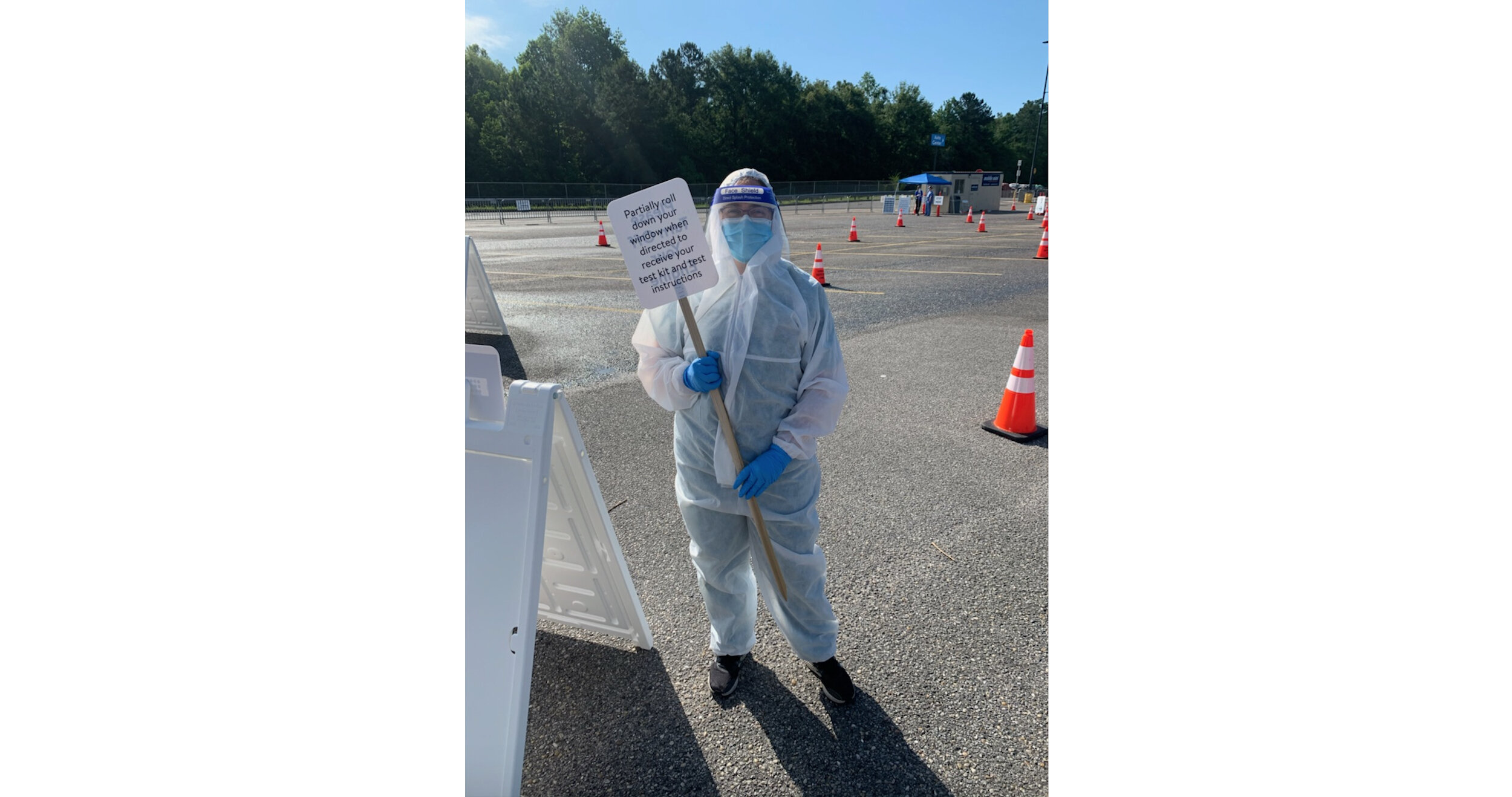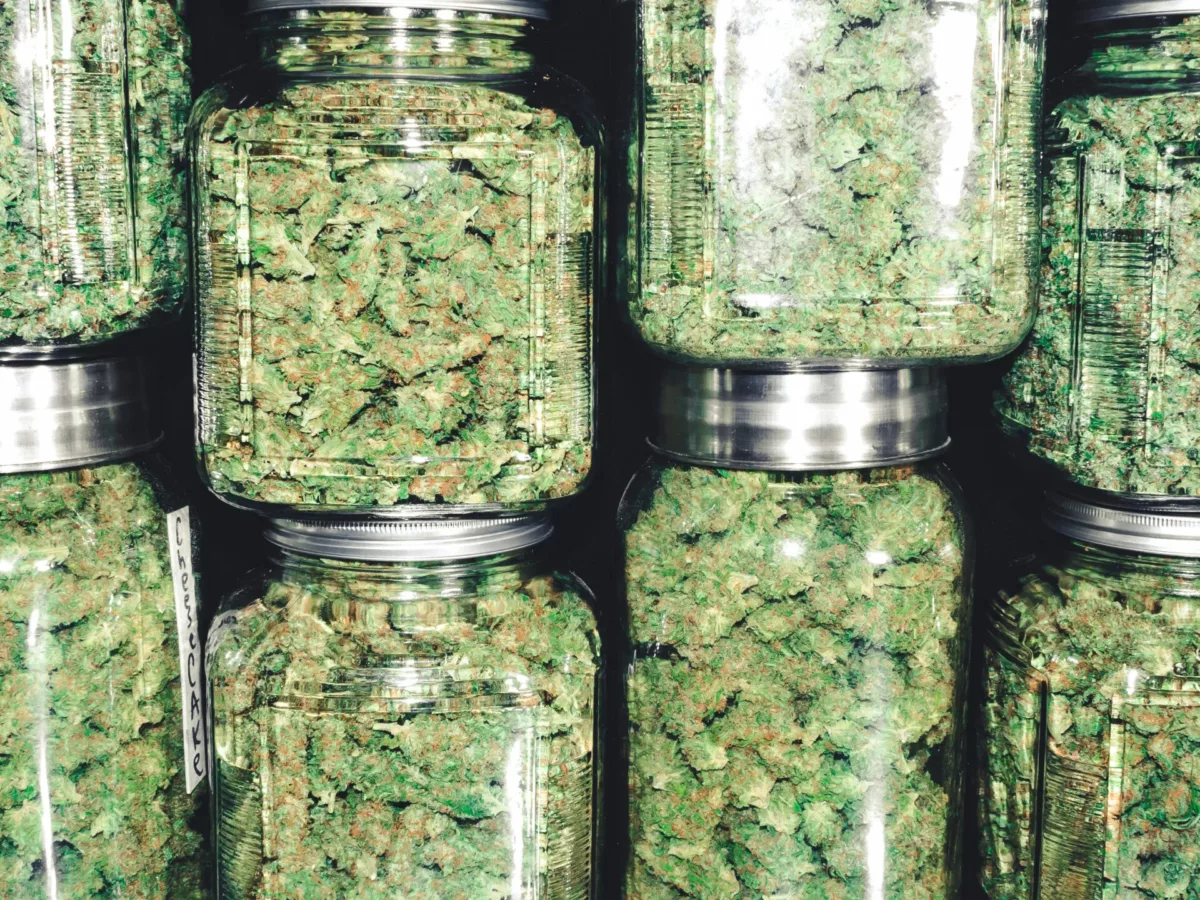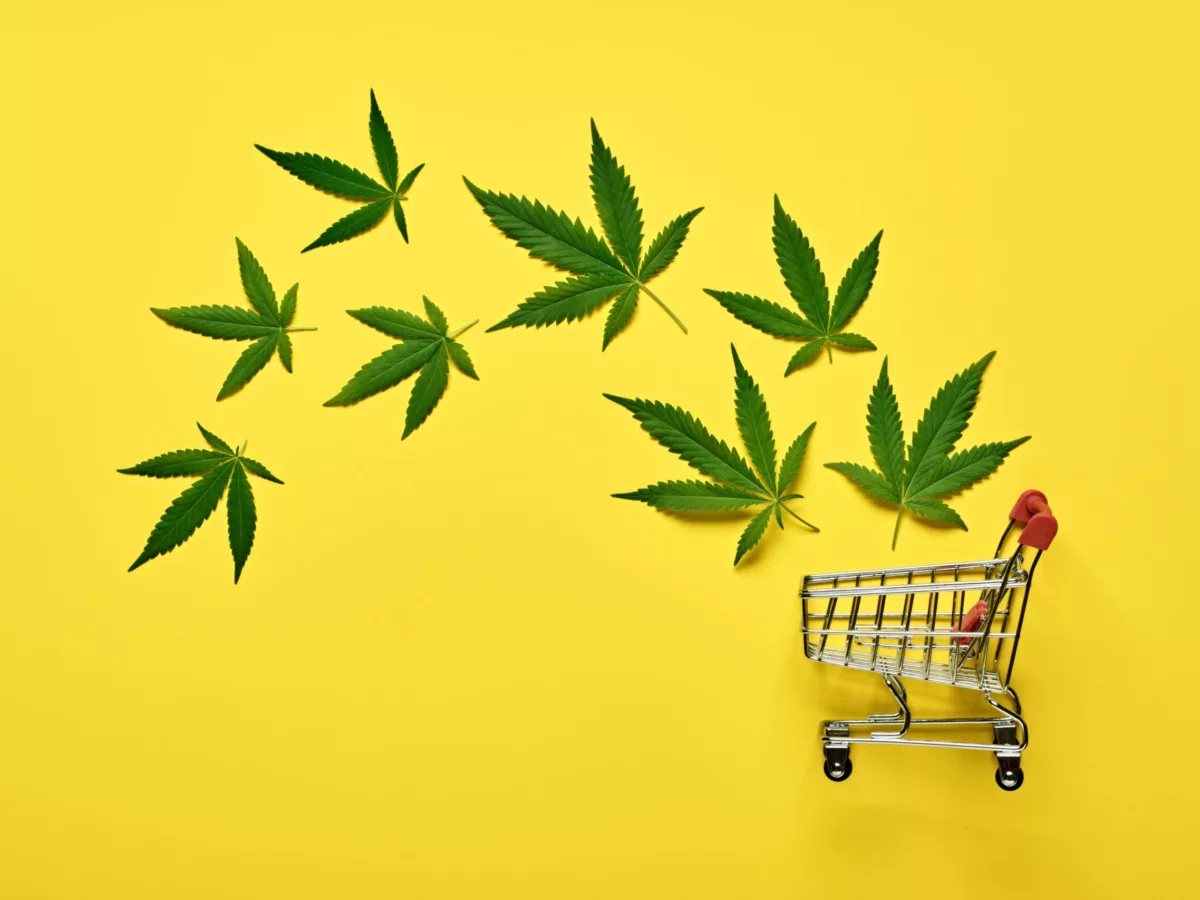Alexys Hillman, a Board Certified physician, Army veteran, and medicinal cannabis patient came all the way from Pensacola, Florida to Baltimore, Maryland to help those suffering from COVID-19 before she was told by Johns Hopkins Medicine that she would not be able to volunteer because she used cannabis.
Back in early April, Hillman was looking around for an opportunity to help and applied to field hospitals in New York, New Jersey, Michigan, and Maryland. Johns Hopkins in Baltimore, who were then setting up a field hospital at the Baltimore Convention Center, got back to her first.
On one of the preliminary calls before she was accepted, she was asked if she could pass a drug test.
“I told them, ‘I have my medical card here in Florida and I do use it, so I will pop positive for THC,’” Hillman said. “And the doctor I was talking to, she said, ‘Well did you put it on your occupational health paperwork?’ I said, ‘Yeah, it’s there, along with the diagnosis I have.’”
Hillman said she was told “it shouldn’t be an issue” as long as it was documented. After a preliminary screening call, a video interview with a doctor in charge, she was told she had been accepted and should arrive Baltimore by the end of the week. The whole process took less than three days, she noted.
She rushed to get her personal and professional life in order.
“I had to sit down with my husband and be like, ‘Hey this is something I need to do’,” she said. “That’s my personality, I run towards the fight, I don’t run away.”
Her husband of 12 years was encouraging. He told her he knew her well enough to know she would be volunteering before she even sat him down to tell him. Next, she made sure her patients at her private practice were aware of the situation.
“It took a lot of coordination to get all of the patients at my private practice rescheduled for the next month,” Hillman said. “And it took a lot of coordination to get my husband and my kids to a place where they were set to shelter in place for the month and not have to go out except for emergencies.”
Hillman also had a serious conversation with her family because of the risks doctors face dealing with patients who have COVID-19: “Just look at the impact—the number of healthcare workers affected, the number of healthcare workers who have died fighting COVID-19,” Hillman explained.
Hillman wrote letters for her husband and children in case she did not make it back to Pensacola and organized all of her personal paperwork to make it easier for her family if something happened. She even made sure she had a burial plot picked out. Then she packed, purchased food and supplies, and drove the 16 hours from Pensacola to Baltimore.
When she arrived, she had to take an occupational health physical, part of which included a drug test. Again, she mentioned she had been prescribed medicinal cannabis and provided her medicinal cannabis card to personnel.
A few days went by, mostly waiting in her hotel room in between orientation, talking to others there who like her had put their families and profession aside to help, and signing up for shifts. But she still had not heard anything definitive about when she would start or if she would start.
“It felt slightly off,” Hillman said. “And the doctor, my supervisor, she texted me and had been like, ‘I’m cautiously optimistic about getting you in,’ and I was just like, ‘I don’t get what that means.’”
The next day she got a call telling her that her drug test tested positive for THC. She reminded them that she had a medicinal cannabis card. A day later, she was told she would not be working in Baltimore because she tested positive for THC. Due to federal guidelines which still considers cannabis illegal, she could not work at the Baltimore field hospital (both Florida and Maryland have medicinal cannabis programs).
“I was heartbroken. And I felt like it’s one of those instances of, ‘We need help but we don’t need your help. You’re not good enough—you’re using medical marijuana,’” Hillman said. “It wasn’t like, ‘You don’t have any recent hospital experience,’ or you know, ‘Something came back on your background check.’ It was simply a matter of medical marijuana.”
Hillman told The Outlaw Report she was then given the option to “reapply” after she “enrolled in a treatment program.”
“Medical marijuana is my treatment,” Hillman said.
Then they offered to send her urine out for verification.
“Well, that’s stupid,” she said. “I know it’s positive. Why are you gonna do that?”
Two hours after the call she was driving back to Florida.
“It really kind of broke my heart and it really angered me because I know i’m not the only physician using medical marijuana,” Hillman said. “I just wanted to yell at them: ‘Would you prefer I be addicted to opioids?’ Would you prefer I be dependent on Xanax? Would you prefer that I be using a medication that sedates me or only lets me operate at 70 or 80 percent?’ What do you want from me?”
Hillman returned to her patients in Pensacola and then began looking for another place to volunteer. She is currently at a COVID-19 test site in Saraland, Alabama, volunteering through Remote Area Medical (RAM-USA), a nonprofit providing healthcare to underserved areas.
“Why I’m talking about this and trying to be public about it is we need to have multiple conversations about this,” Hillman said. “We need to get rid of the stigma around this because it’s just ridiculous. You’re screaming and hollering that you need help but wouldn’t allow someone who uses medical mariajuan to help. You’d rather hold onto a stigma than make sure you have adequate staffing. We also need to talk about job protections for people who do opt to use it.”
The Outlaw Report reached out to Johns Hopkins for comment but has not received a response as of press time.
Photo of Hillman in PPE working a COVID-19 testing site in Saraland, Alabama/ Courtesy Alexys Hillman






